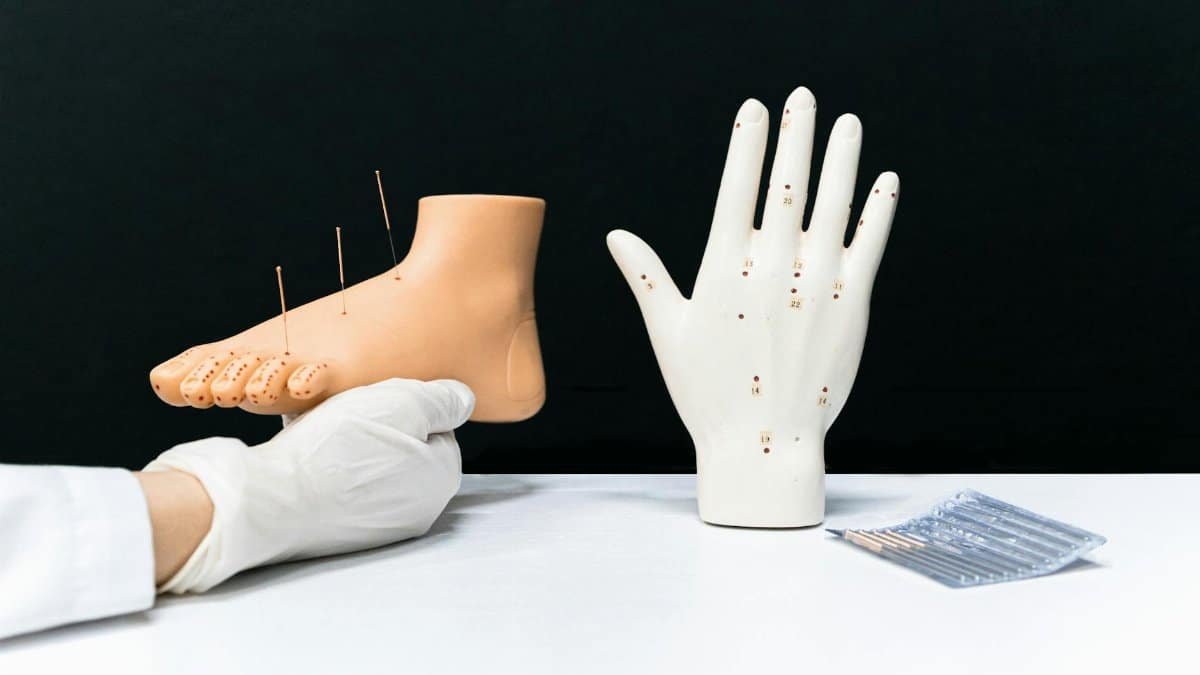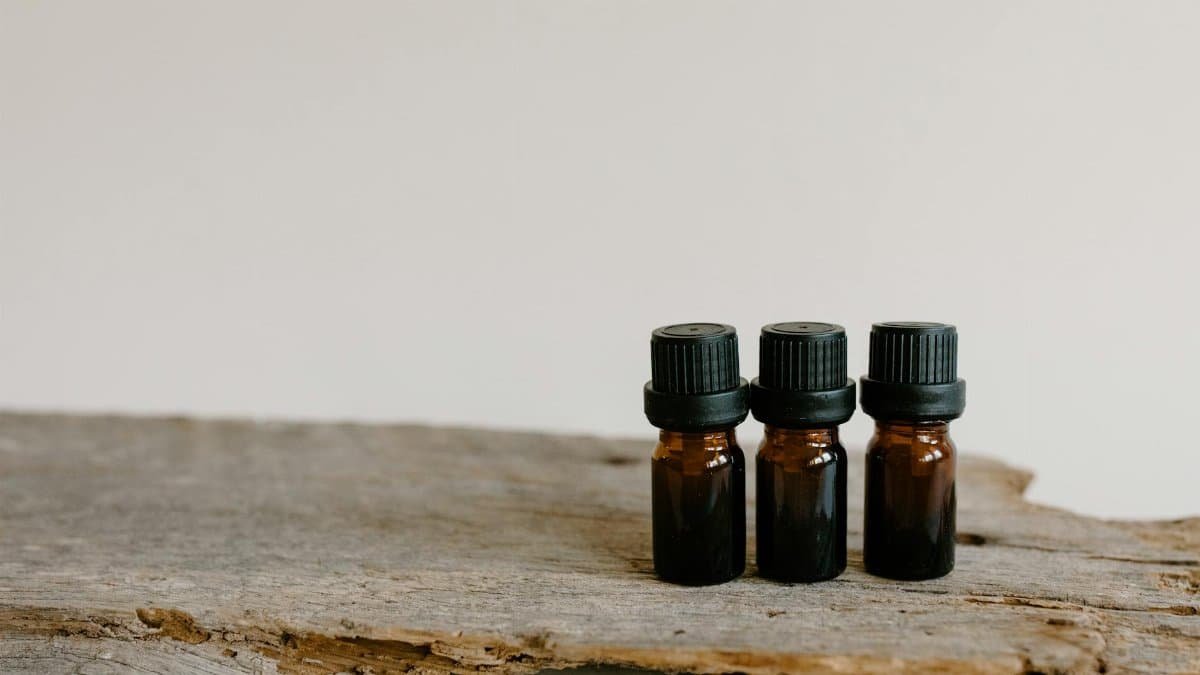Is mind-body healing the secret to stopping that constant feeling of being “too much”? In a world where emotions run high and self-doubt creeps in, many Americans are turning to this approach for relief. Simply put, mind-body healing connects mental states with physical well-being, using techniques like meditation and yoga to foster balance. It matters because new surveys show rising stress levels, with more people seeking holistic ways to manage overwhelming feelings. This isn’t just trendy; it’s a practical shift that’s gaining traction in 2025, helping individuals reclaim control over their inner chaos.
What Does “Feeling Too Much” Really Mean?

Feeling like you’re “too much” often stems from emotional overload. It’s that sense of being overly sensitive, reactive, or burdensome to others. Psychologists link it to high empathy or past traumas that amplify everyday stresses. In the U.S., where mental health awareness is surging, this sensation affects millions. A 2023 report from the American Psychological Association highlights how chronic stress exacerbates these feelings, leading to burnout. Mind-body healing steps in by addressing the root causes, not just symptoms, through integrated practices that calm the nervous system.
The Science Behind Mind-Body Connections

Research backs the power of mind-body healing. Studies show how thoughts influence physical health, like reducing inflammation via mindfulness. For instance, a landmark study from Harvard Medical School demonstrated that meditation lowers cortisol levels, the hormone tied to stress. This directly combats the “too much” feeling by rewiring brain patterns. In 2025, with telemedicine booming, access to these methods is easier than ever. Experts say it’s not pseudoscience; it’s evidence-based, with brain scans revealing real changes in emotional regulation centers.
Common Triggers That Make You Feel Overwhelmed

Work pressures, social media comparisons, and relationship dynamics often trigger that “too much” vibe. In fast-paced U.S. cities like New York or Los Angeles, the hustle amplifies it. A Pew Research Center survey found that 60% of adults feel overwhelmed by daily demands, linking it to emotional exhaustion. Mind-body healing targets these by promoting awareness, helping you identify and interrupt negative cycles before they spiral.
Practical Techniques to Start Healing

Begin with breathwork. Simple deep breathing exercises can ground you in moments of intensity. Yoga combines movement and mindfulness, proven to ease anxiety. Apps like Headspace offer guided sessions tailored to emotional overload. Incorporate journaling to process feelings without judgment. These aren’t quick fixes but build resilience over time. In 2025, virtual classes make it accessible, even for busy professionals.
Real Stories of Transformation

Take Lisa from Chicago, who felt her emotions were always “too big” for her job. After six months of mind-body healing practices, she reported better focus and less self-criticism. Similar accounts flood online forums. A study in the Journal of Alternative and Complementary Medicine noted significant improvements in emotional well-being for participants using these methods. It’s inspiring to see how everyday people turn vulnerability into strength.
Challenges in Adopting Mind-Body Healing

Skepticism is a big hurdle. Some dismiss it as “woo-woo” without trying. Time constraints in America’s workaholic culture add barriers. Yet, starting small helps. Overcome resistance by tracking progress in a journal. Experts warn against expecting instant results; consistency is key. With rising healthcare costs, this low-cost alternative appeals to many seeking sustainable relief.
The Role of Professional Guidance

While self-guided practices work, therapists specializing in mind-body healing provide tailored support. In the U.S., certifications from bodies like the National Certification Board for Therapeutic Massage and Bodywork ensure quality. Sessions might include biofeedback or somatic therapy. A 2024 NIH-funded study showed enhanced outcomes when combined with professional input, reducing feelings of being “too much” by addressing deep-seated patterns.
Integrating Healing Into Daily Life

Make it routine. Start mornings with a five-minute meditation. Use affirmations during commutes to counter negative self-talk. Pair it with exercise for amplified benefits. In 2025, workplace wellness programs increasingly include mind-body elements, recognizing their impact on productivity. Track how these habits shift your self-perception over weeks.
Long-Term Benefits for Emotional Balance

Over time, mind-body healing fosters self-compassion, diminishing that “too much” label. Users report stronger relationships and greater life satisfaction. Data from the CDC’s Mental Health page underscores how holistic approaches lower depression rates. Another key resource is the National Institutes of Health, which funds research showing sustained physical health improvements, like better sleep and immunity.
Why It’s Worth the Effort Now

In a year like 2025, with economic uncertainties heightening stress, embracing mind-body healing is timely. It empowers you to own your emotions without apology. Start today, and watch the shift from overwhelm to empowerment unfold. This approach isn’t about suppressing feelings; it’s about harmonizing them for a fuller life.
